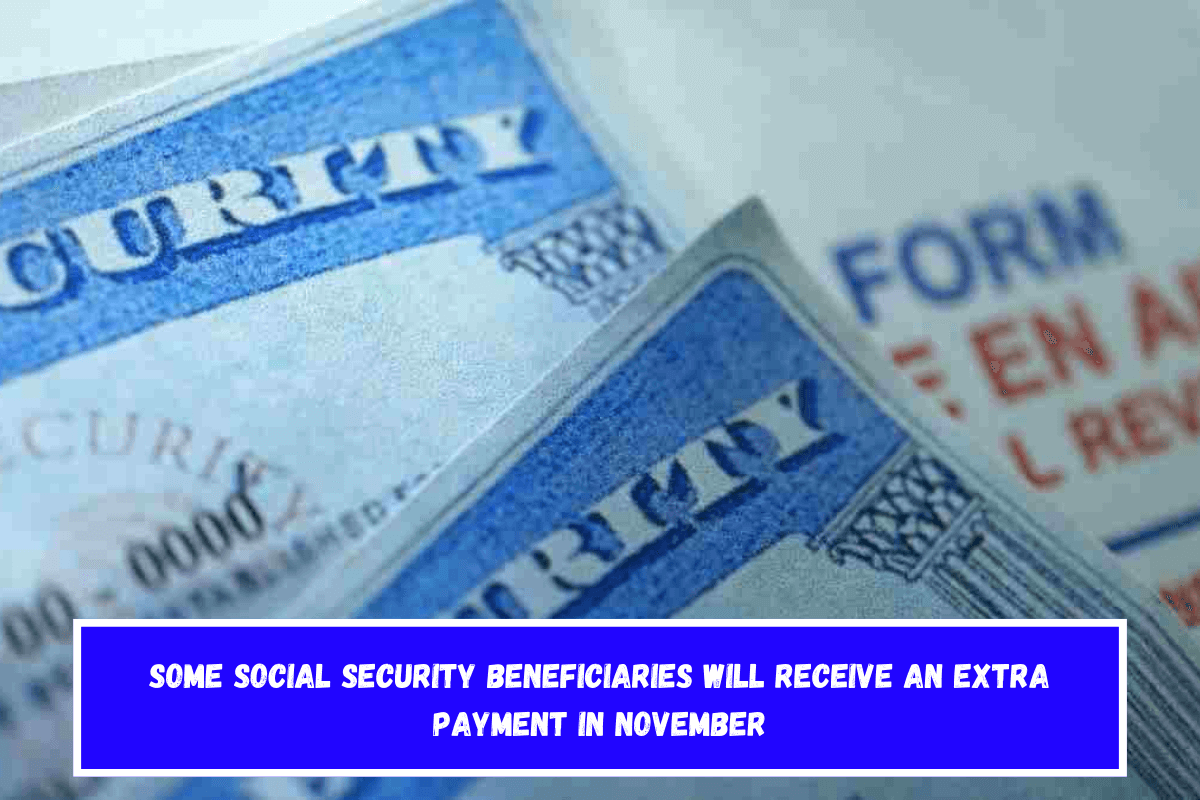After Hurricane Helene’s devastating effects, the Internal Revenue Service (IRS) has put in place a number of tax relief measures to help people and companies in the areas that were hit hard.
Several states are helping with this, including parts of Florida, Tennessee, and Virginia, as well as Alabama, Georgia, North Carolina, and South Carolina. The goal of these steps is to help residents and business owners deal with the financial stress of getting back on their feet after the storm.
People who are eligible and live in disaster areas will have until May 1, 2025 to file their federal tax returns and make their tax payments as part of these tax relief measures.
This new due date applies to many tax-related documents and payments, such as federal tax returns for people and businesses for the 2024 tax year, which were supposed to be due in March and April 2025. This new date will also help taxpayers who were given valid extensions for their 2023 returns and those who need to make quarterly estimated tax payments.
Reasons for this IRS extension
These steps to help were taken by the IRS based on what the Federal Emergency Management Agency (FEMA) said were disasters. Because of these designations, the IRS can help areas that were badly damaged by the storm, and the agency has promised to do the same for any other areas that may face similar disaster conditions in the future.
This relief is automatically given to taxpayers whose main home on file with the IRS is in a disaster-affected area. Taxpayers who have recently moved but have not updated the IRS with their new address may still get penalty letters this year.
If this happens, taxpayers should get in touch with the IRS right away to get any fines waived. Additionally, taxpayers who do not live in the disaster areas but have important tax records stored there can also get help. People in this situation can ask for this help by calling the IRS disaster aid hotline.
In recognition of the big financial losses many people had after storm Helene, the IRS has also added rules that let taxpayers claim losses they had because of the storm. These losses must not be covered by insurance or reimbursement in order to qualify. People who are harmed can choose to claim these losses on either their 2024 or 2023 tax returns.

Because of this, the IRS has pushed back the deadline for making this choice to October 15, 2025. Taxpayers must include the FEMA notification number for the disaster area when they file a claim for losses caused by the disaster.
Also, it’s important to know that qualified disaster aid payments made to fix or replace damaged property or people are usually not taxed. This helps those affected even more financially.
As another important part of the IRS’s relief efforts, special rules have been made for people who need to access their retirement plans or IRAs after the storm. People younger than 59½ usually have to pay a 10% penalty when they take money out of their retirement savings too soon.
But for people who were affected by Hurricane Helene, the IRS is not charging this penalty for taking early payments for disaster recovery. People who are impacted may also choose to spread the income from these withdrawals over three years, which would lower their immediate tax burden. There are also options for hardship payments, but these will be governed by rules that are specific to the type of retirement plan.
The federal government is working with FEMA and other agencies to help people who have been affected by Hurricane Helene. These tax relief measures are part of that reaction. The damage estimates that FEMA did were very important in shaping the relief plans that the IRS put in place.
As the recovery process goes on, the IRS is still dedicated to adapting its help to meet the changing needs of communities affected by the storm. This will make sure that those who were affected get all the help they need to rebuild and get better.













